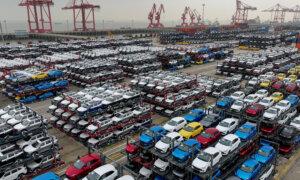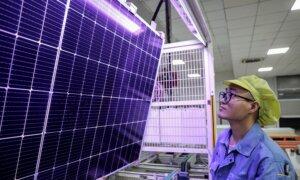Trump administration veteran, economists weigh in on Biden’s Section 301 tariffs.
News Analysis
But President Joe Biden’s administration has maintained Section 301 tariffs on China instituted by his predecessor. Now he’s using that same, once-controversial law in a broadly comparable way.
Robert Lighthizer, who served as U.S. trade representative under President Trump, recognized the striking continuity between administrations in his 2023 memoir, “No Trade is Free.”
“The Biden administration—with a few important exceptions—has continued along the path President Trump and I laid out,” he wrote.
Barbara Spencer, the Asia Pacific Chair in International Trade Policy at the University of British Columbia, told The Epoch Times: “I see the continuity arising from the broadly-based U.S. concern with the rise in China as a world military power, particularly their threats against Taiwan.”
Yet, she and others who spoke with The Epoch Times stressed what they see as differences between President Trump and President Biden on trade, particularly with China.
“If Trump [were] president during these four years, [he] would have moved much more aggressively,” Nazak Nikakhtar, who served in the Department of Commerce’s International Trade Administration under President Trump, told The Epoch Times.
She said President Biden’s Section 301 announcements were “long overdue.”
Section 301
Section 301 of the Trade Act of 1974 allows the United States to respond to “an act, policy, or practice of a foreign country” that the U.S. trade representative judges to be “unreasonable or discriminatory” and that “burdens or restricts United States commerce.”
President Trump’s revival of Section 301 in 2017, when his administration initiated an investigation into China, sparked controversy.
Ms. Nikakhtar said trade lawyers had been considering the possibilities of Section 301 before President Trump came to office. Years of intellectual property theft by China had advocates searching for answers, including through a legal framework that the likes of Mr. Brown deemed “outdated.”
Ms. Nikakhtar voiced support for President Biden’s aluminum and steel tariff increases, which will go from 0-7.5 percent to 25 percent this year. Yet, she questioned the effectiveness of some other Section 301 moves by the Biden team.
In her view, the new 100 percent tariff on electric vehicles is “prophylactic.” China, she argued, is already flooding Europe and other countries with its products while not yet targeting the United States.
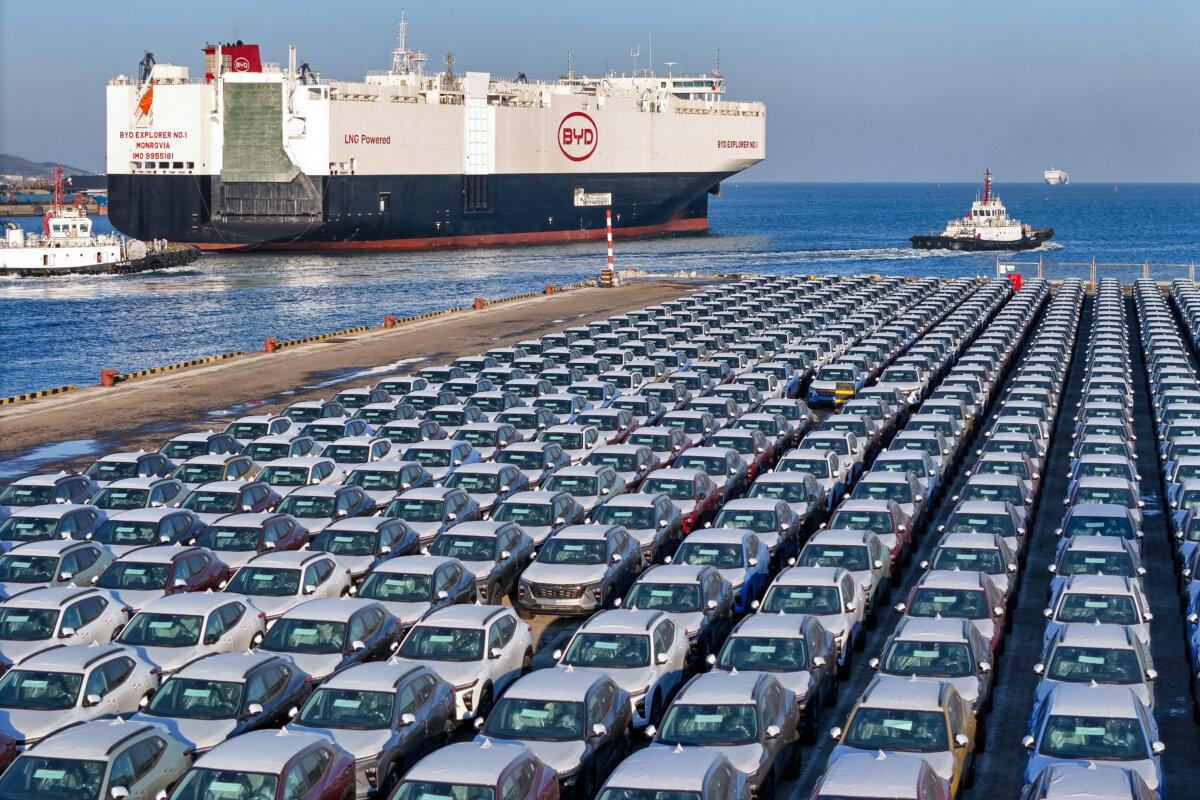
Ms. Spencer of the University of British Columbia sounded cautiously optimistic about the Biden administration’s latest trade moves.
“The new tariffs recently imposed on China by Biden are substantially different from the Trump tariffs in that they are restricted to specific industries, including electric vehicles, semiconductors, solar cells, critical minerals, and steel and aluminum,” she said, arguing that their scale “reduces the scope of any increase in domestic prices.”
But William Lee, a former Federal Reserve economist who is now chief economist at the Milken Institute, is skeptical of claims that the narrow new tariffs won’t inflate prices.
The demand for goods like Chinese solar panels, he said, is inelastic. In other words, few, if any, alternatives can substitute for low-cost products.
While Ms. Spencer believes the “jury is still out” on President Biden’s Section 301 measures, she branded the Trump tariffs failures, saying their effects were heavily borne by consumers in the form of higher prices.
Ms. Nikakhtar said: “The tariffs were imposed on China to recoup the economic harm caused by China’s IP theft.”
She argued that the United States’ Phase One trade agreement with China under President Trump was more about avoiding litigation at the WTO and waking up the world to China’s unfair practices than about altering China’s behavior.
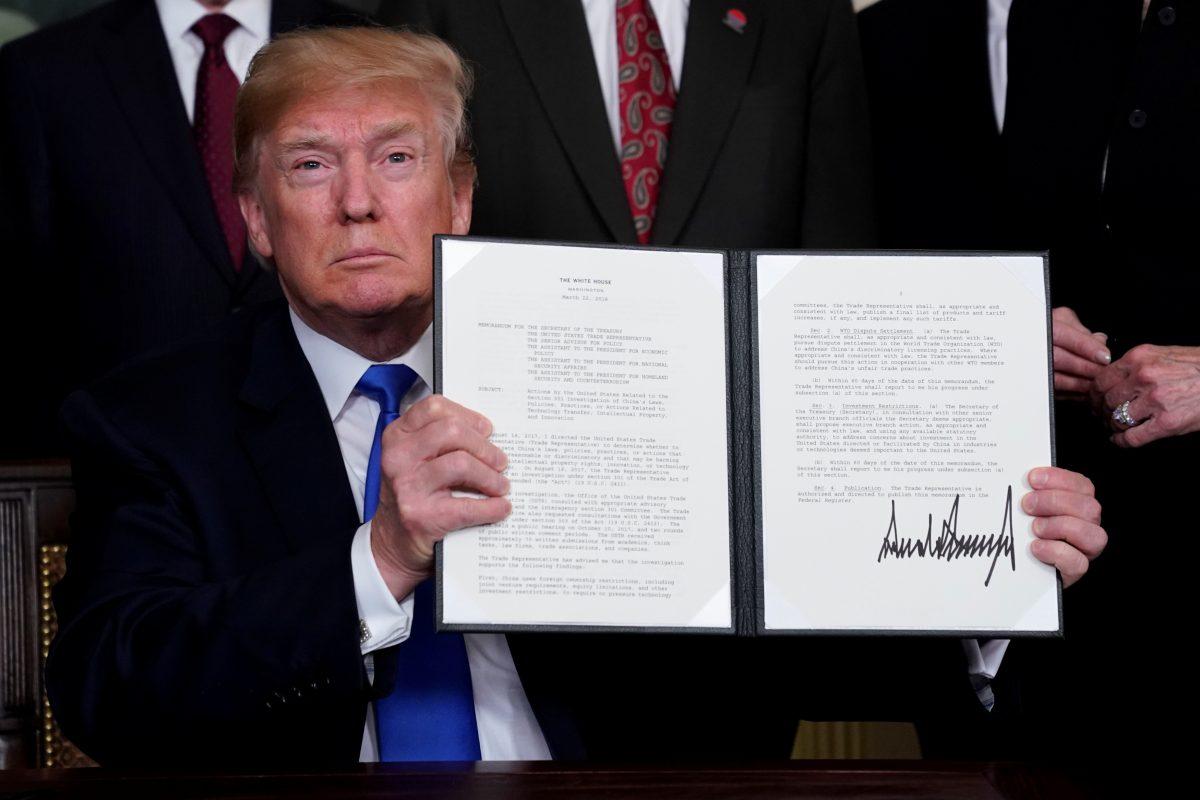
Mr. Lee of the Milken Institute pointed out that the costs of tariffs are sometimes shouldered by producers and employers rather than consumers—for example, tariffs on goods for which demand is relatively elastic, meaning higher prices will easily deter consumers.
He cited Chinese-made textiles, a category targeted by Trump administration tariffs that have been maintained under President Biden.
“If I buy a T-shirt at Walmart made in China, it’s $2 less. If it goes up by a dollar and becomes the same price as a… Hanes T-shirt, I’m going to buy the Hanes T-shirt. So, that way, I don’t pay the price of the tariff, because I don’t buy the product,” he said.
Tariffs, Subsidies, and Industrial Policy
The Biden administration’s new Section 301 tariffs follow a range of policies intended to spur the growth of so-called “green technology” in the United States, including through direct subsidies.
Those broader policies have met with criticism, too.
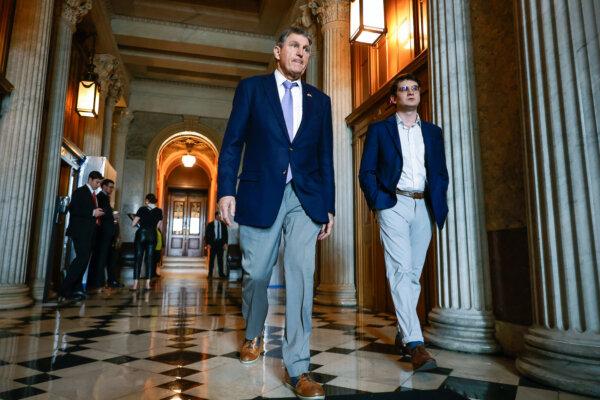
Seen in their totality, the Biden administration’s moves are in keeping with a more top-down approach to American industry than that of the Trump administration, which leaned on deregulation and broad-based protection.
“The reason why Trump likes tariffs so much is that it’s a win-win for shifting incentives… You can encourage American producers without having to pay American producers,” Mr. Lee said.
And many Trump administration veterans, including both Mr. Lighthizer and Ms. Nikakhtar, are comfortable uttering the words “industrial policy.”
Talk of industrial policy was unfashionable during the 1980s and 1990s when the “Washington consensus” entailed lowering trade barriers and embracing globalization (or, perhaps, globalism).
But today, in spite of partisan rancor and real differences of vision, the latest, still-emerging Washington consensus on trade attaches more value to domestic manufacturing on the grounds of everything from national security to environmental protection to concern that American innovation is in decline.
Susan Schwab, who served as U.S. trade representative under former President George W. Bush, declined to comment on others who had served in her role.
Yet, she didn’t dismiss the possibility that there’s more continuity than some may want to admit.
“One needs to reflect on the policies vs. the politics, and that is a challenge at the moment,” Ms. Schwab said.
It is, after all, an election year.
Terri Wu contributed reporting.
Original News Source Link – Epoch Times
Running For Office? Conservative Campaign Consulting – Election Day Strategies!

